Stop Believing These Ridiculous Myths About Aging
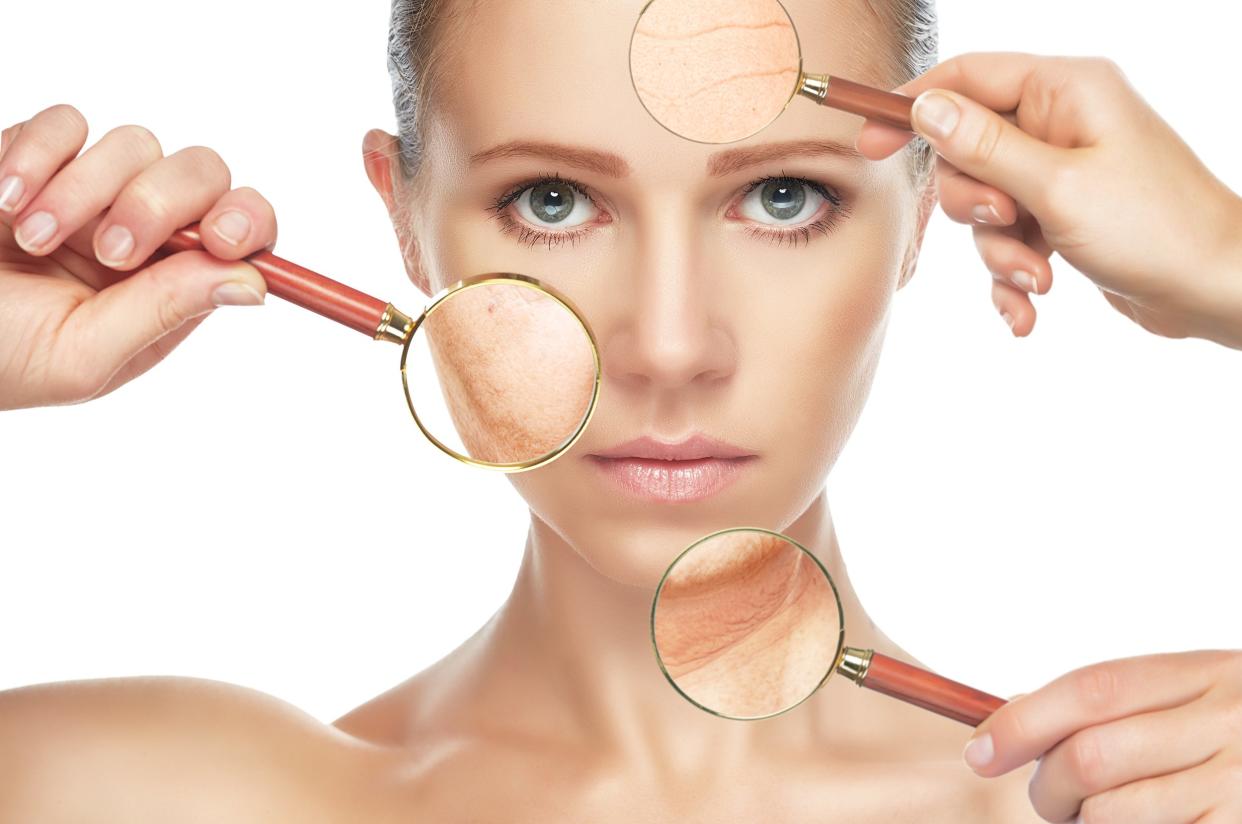
Aging is a battle we all fight, and there are countless products designed to tap into our collective vanity — and wallets. It's important to keep in mind, however, that not all anti-aging products, promises, and schemes are effective. Far from it. Many make grand claims but deliver little in the way of visible results.
Related: 12 Winter Skin Care Tips for Seniors
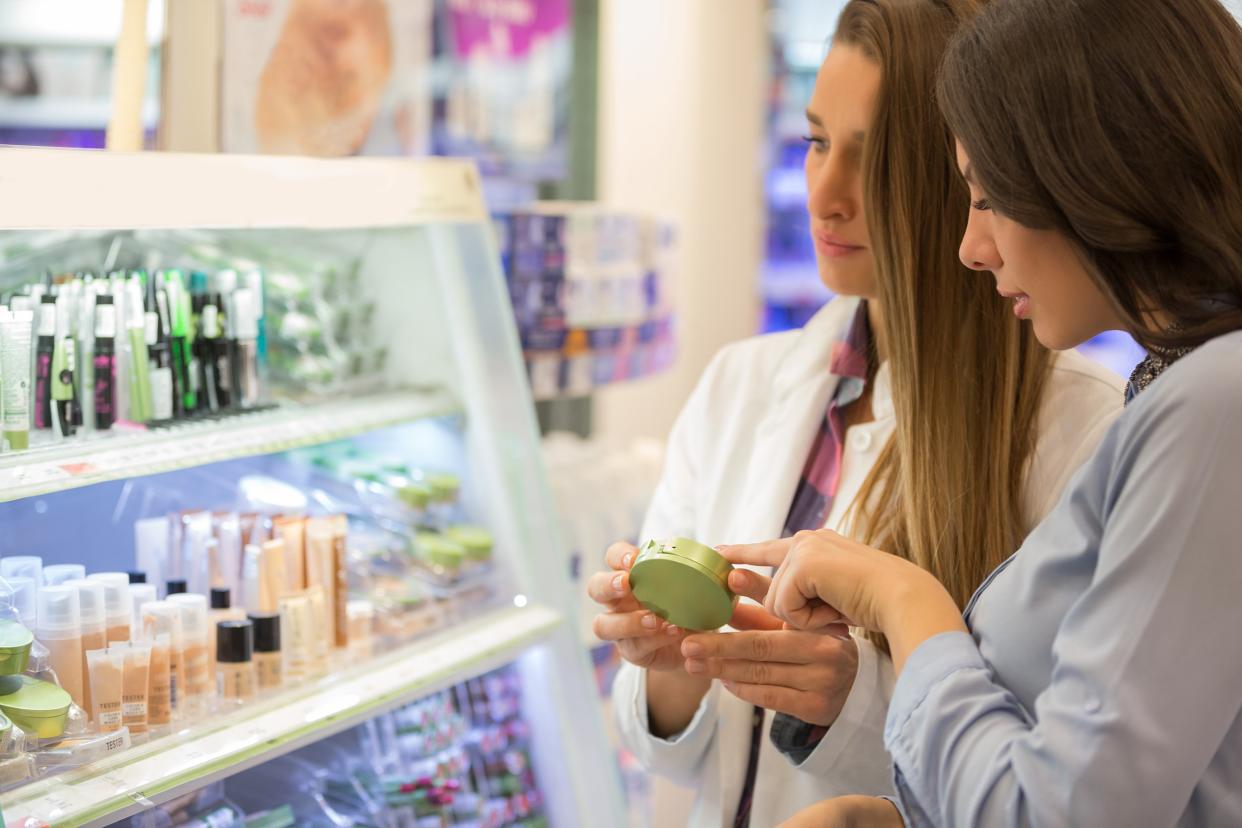
Spending $150 or more on eye cream doesn't mean it's better, just that you spent more. The notion that high-end, exclusive, luxury products are somehow more effective is one of the biggest myths perpetuated by a multibillion-dollar anti-aging industry. Dermatologists have said repeatedly that price does not equal quality. Instead, the key is to look at the concentration of key ingredients in a product and at its manufacturer to determine quality and effectiveness.
For more great health and wellness tips, please sign up for our free newsletters.
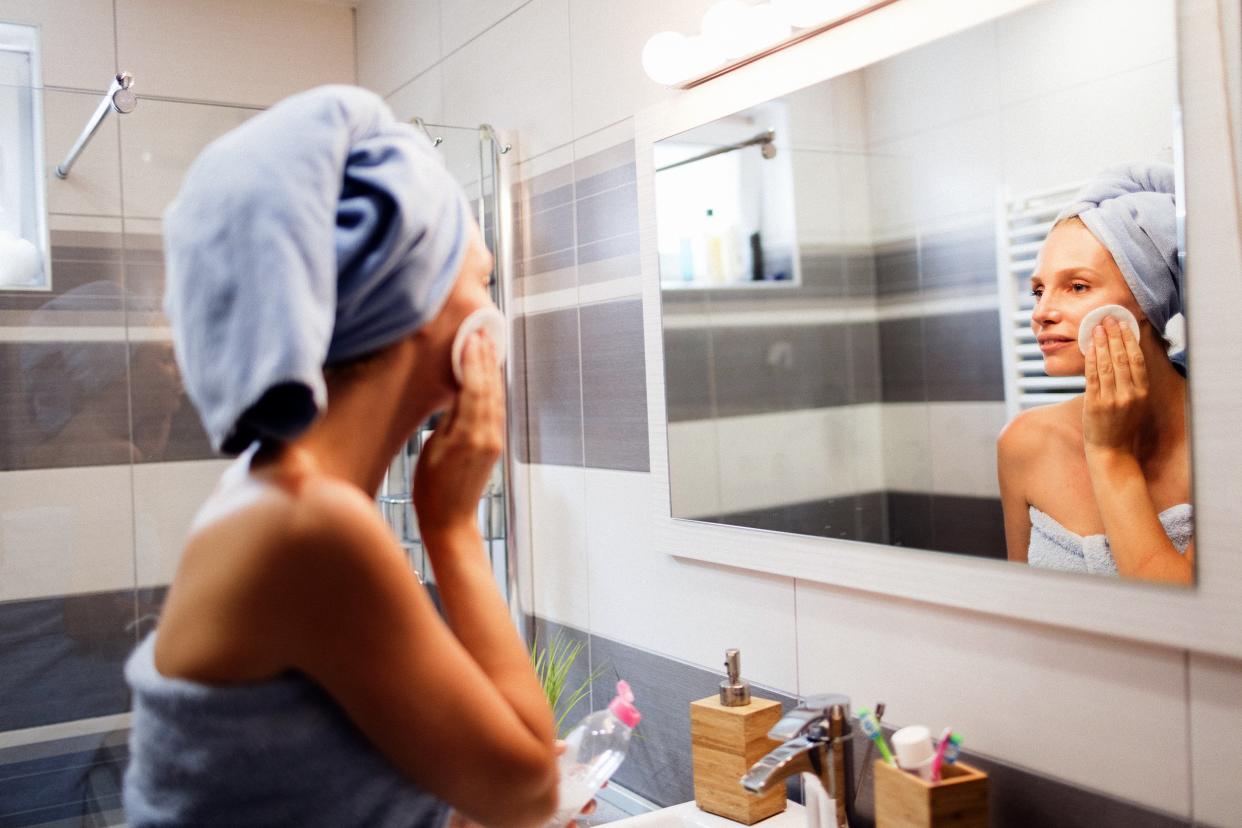
Countless magazine articles tout the importance of sleeping with freshly scrubbed skin to prevent wrinkles. There's no truth to it, says Fayne Frey, a dermatologist who has spent 25 years debunking skin care myths. "Whether you wear makeup while you're on your feet for 16 hours during the day or lying flat while sleeping, there's no science that concludes makeup usage causes wrinkles," she says.
Related: 33 Things Not to Buy at Costco, Sam's, or BJ's
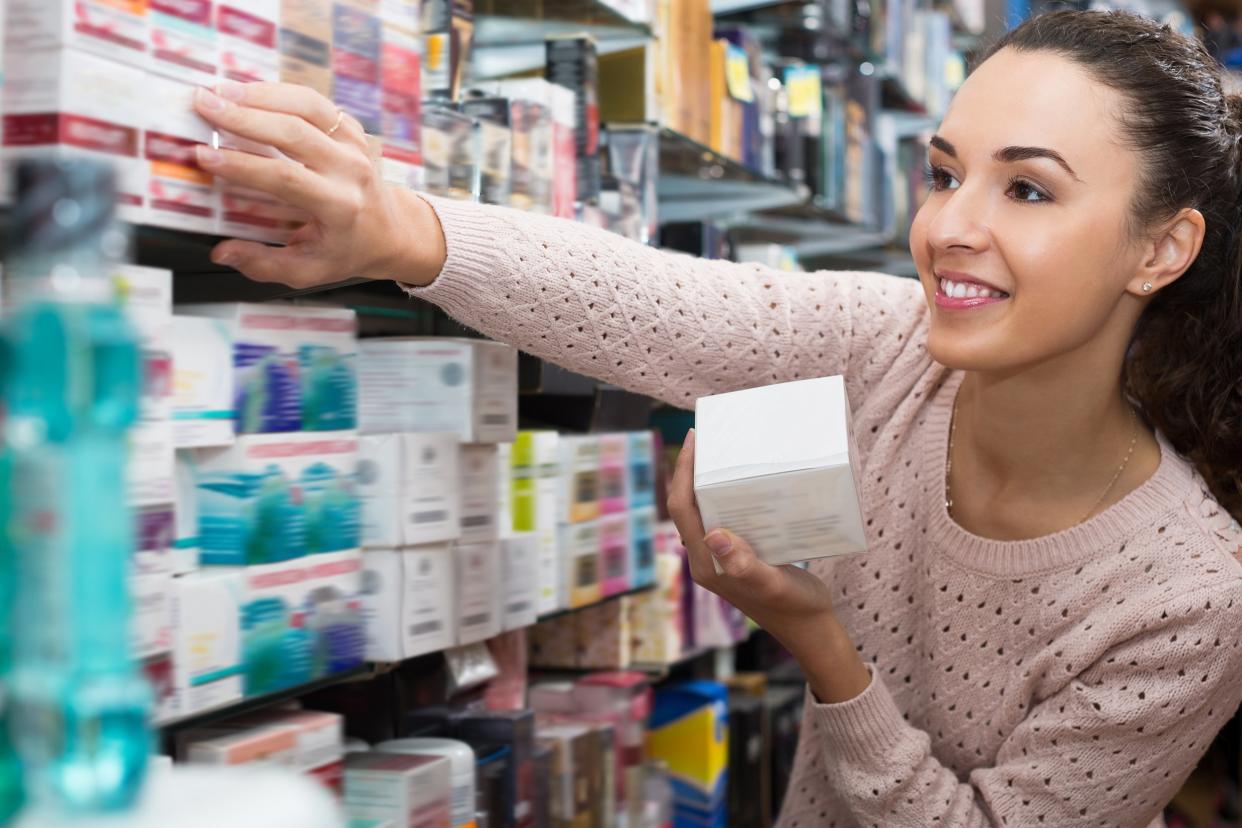
Don't be fooled into believing you need all the products offered by a brand to achieve the best results. Often the skin will just become more irritated when subjected to too many products, even if they claim to complement together, dermatologists say. Instead, take it step by step, and figure out what works best for you and your specific skin type.
Related: 13 Essential Sun Safety Tips for Seniors
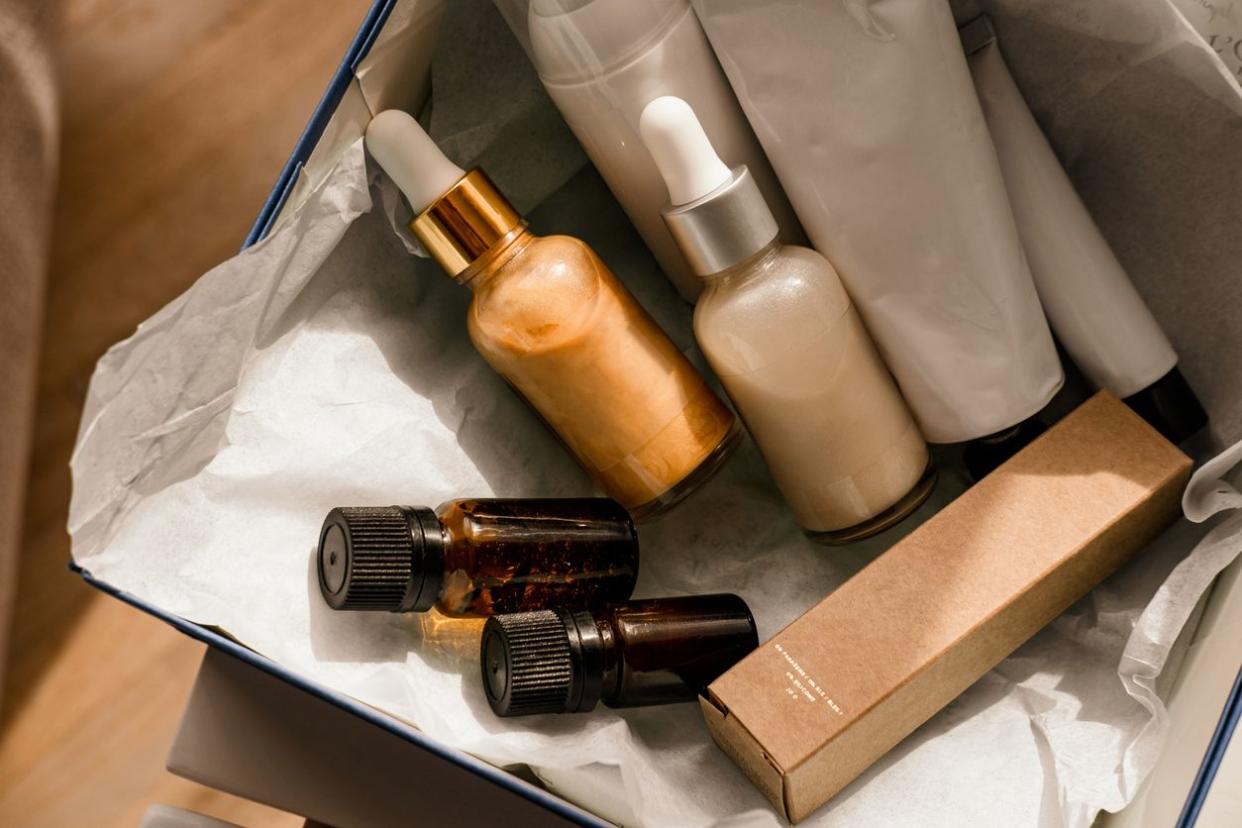
Do you need multiple skin care products at all to win the battle? Kelly Hsiao, co-founder of Block Island Organics, says no. "All you really need is sunscreen everyday. The reality, according to the Skin Cancer Foundation, is that 90 percent of the visible skin changes associated with aging are actually caused by the sun's harmful ultraviolet rays."
Related: Rhinoceros Horn and 16 Other Bizarre Anti-Aging Treatments

Skin care specialists call daily application of sunblock one of the best and simplest anti-aging, wrinkle prevention techniques. There are few excuses for skipping it. UVB rays, which cause sunburns, can reach skin indirectly, which means they can affect skin even while you're shaded by an umbrella — or sitting near a window, such as in a car or office. The best bet to prevent wrinkles and avoid sunburn is to wear sunblock routinely.
Related: 13 Effective Sunscreens That Will Leave You With Money to Burn
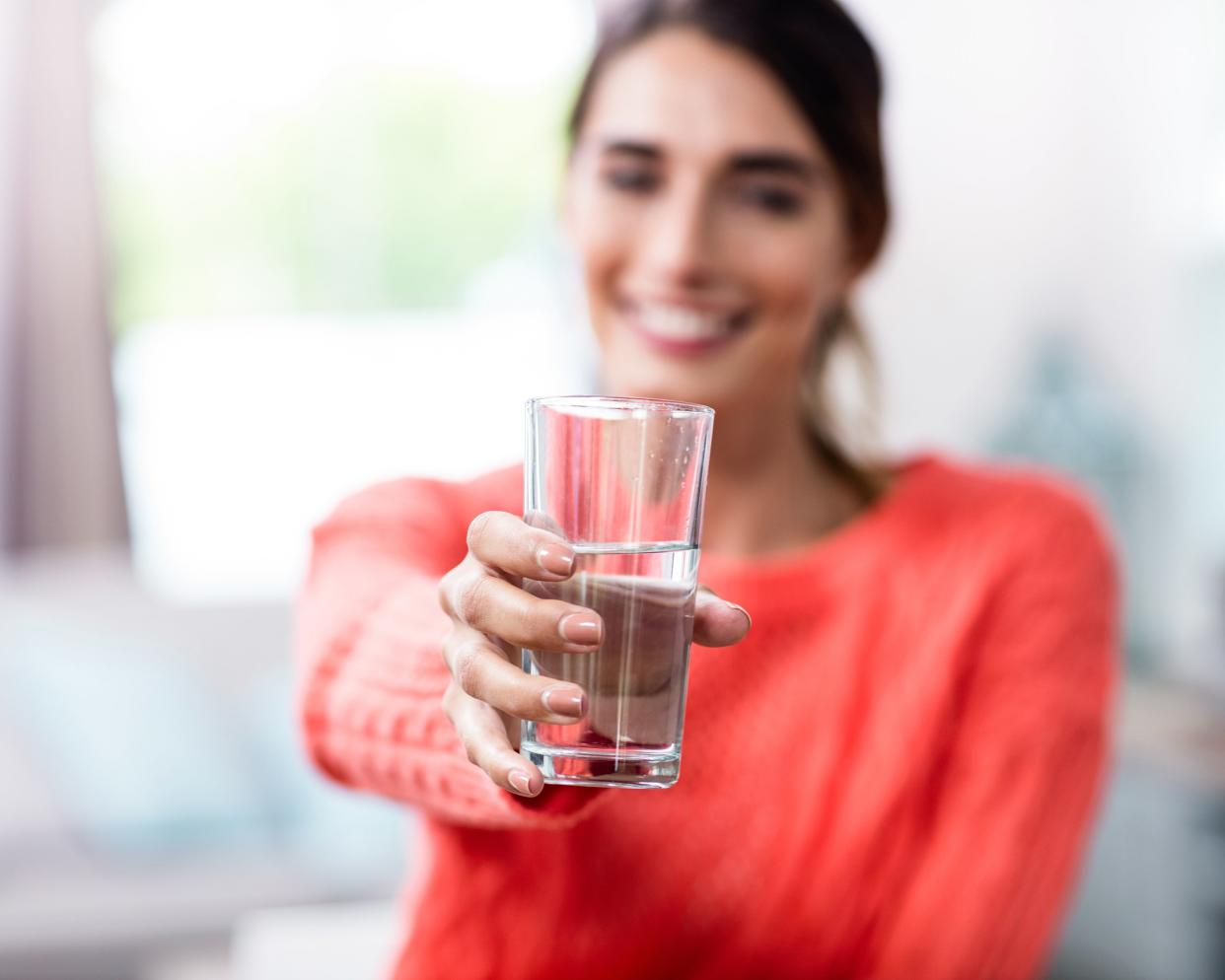
Water is essential to survival and general health. But Frey says there's no research proving eight glasses of water daily maintains youthful skin and optimal health — just frequent trips to the bathroom. "The National Academy of Medicine concludes that the average woman needs 11.5 cups of water daily (and 15.5 cups for men). But whether you get this water from a glass or from the content of food makes no difference," Frey says. "Many foods, like fruit and veggies, have a high water content. So folks who eat a nutritious diet get a significant portion of their required daily water intake from their food."
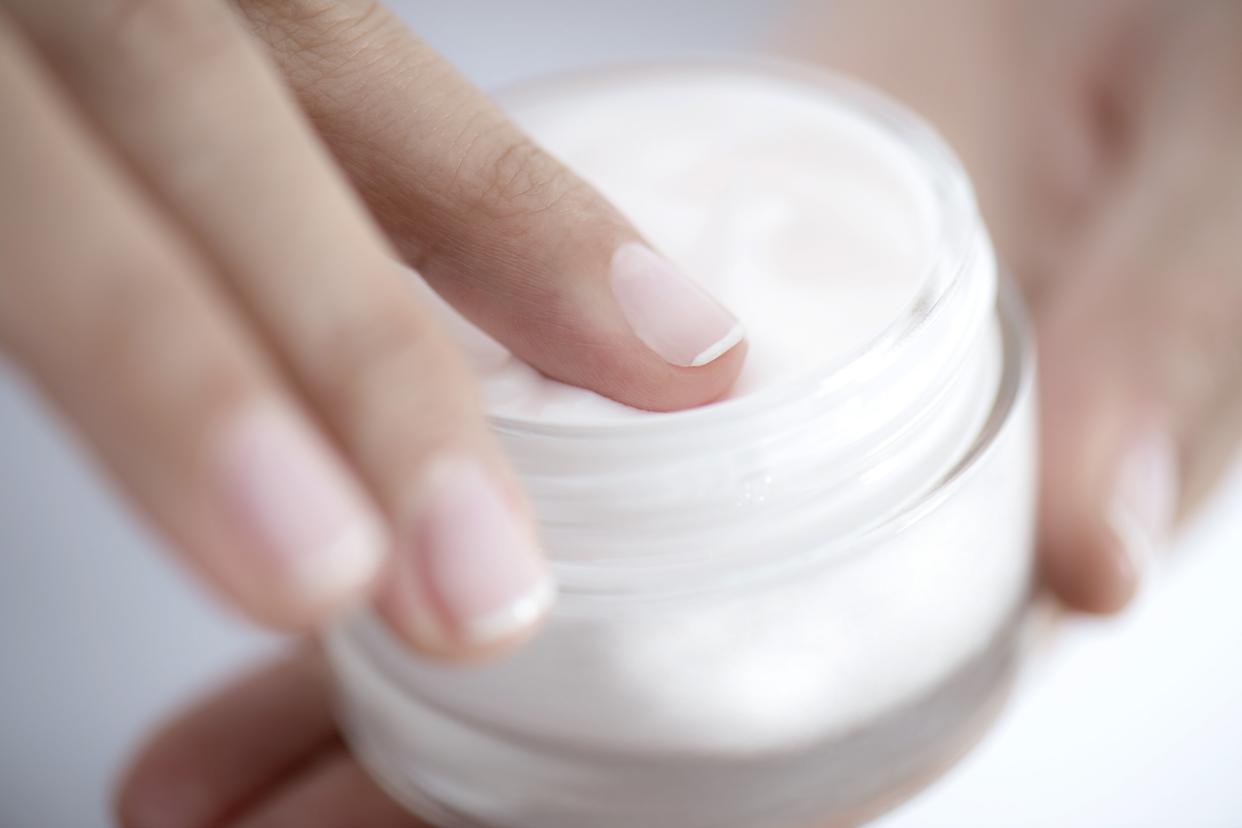
Beauty magazine articles inevitably emphasize moisturizers when it comes to staving off or even eliminating wrinkling. "Moisturizing your skin can help retain moisture and keep your skin from looking tired and fatigued, but it doesn't reverse the aging process in any way," says Dr. Tania Elliot, who's been featured regularly on such programs as "The Dr. Oz Show" and "Rachael Ray."
Related: I Love My Botox — and Wish I Could Be More Open About It
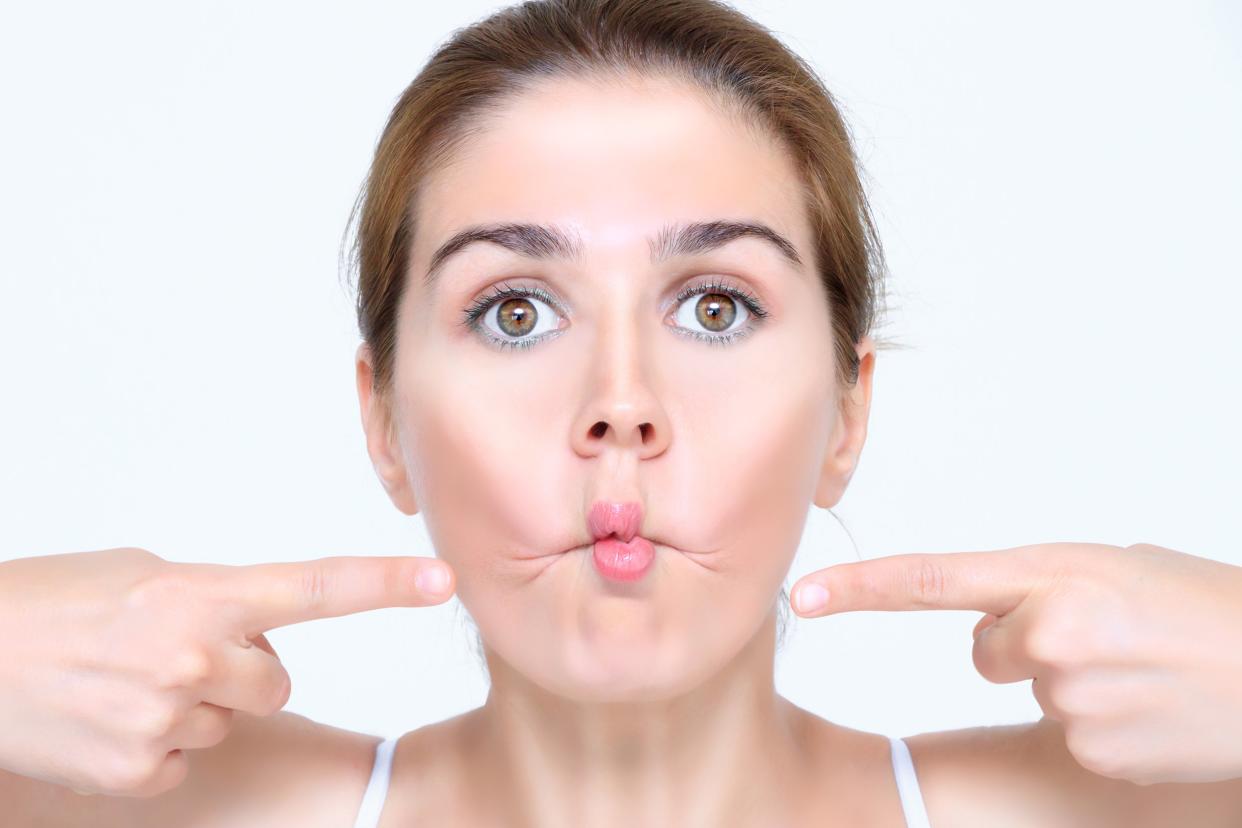
Even if Meghan Markle does them, there is no facial exercise that turns back time. By some accounts the exercises do more harm than good. Some dermatologists believe repeated facial contortions exacerbate existing wrinkles and that repetitive exercises may lead to more. Faces sag because of loss of collagen and elastin, and there is no exercise to fix that.
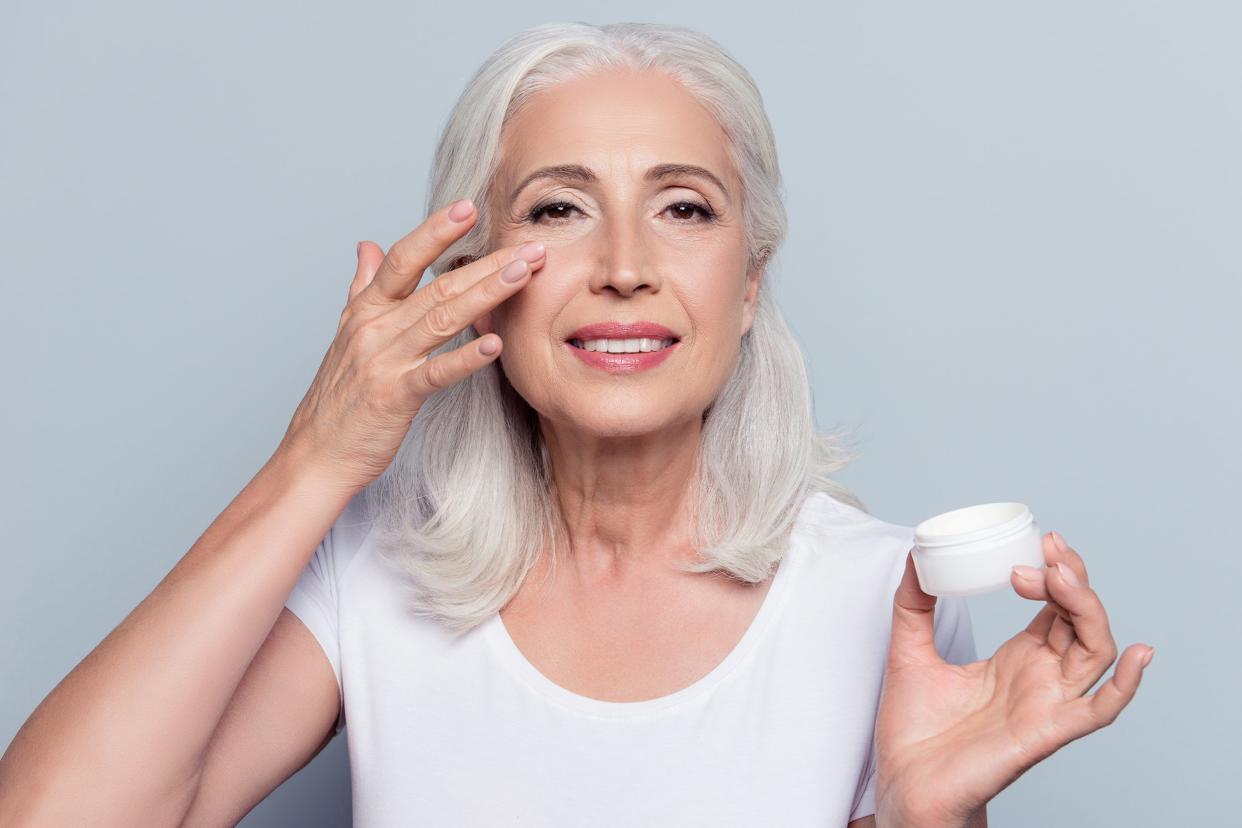
If faces age because they lose collagen, get a collagen cream, right? They sound great but don't deliver — collagen molecules are too large to penetrate topically, so rubbing them on skin has zero effect (other than perhaps moisturizing).
Related: We Asked Dermatologists: What Eye Cream Do You Recommend to Clients?
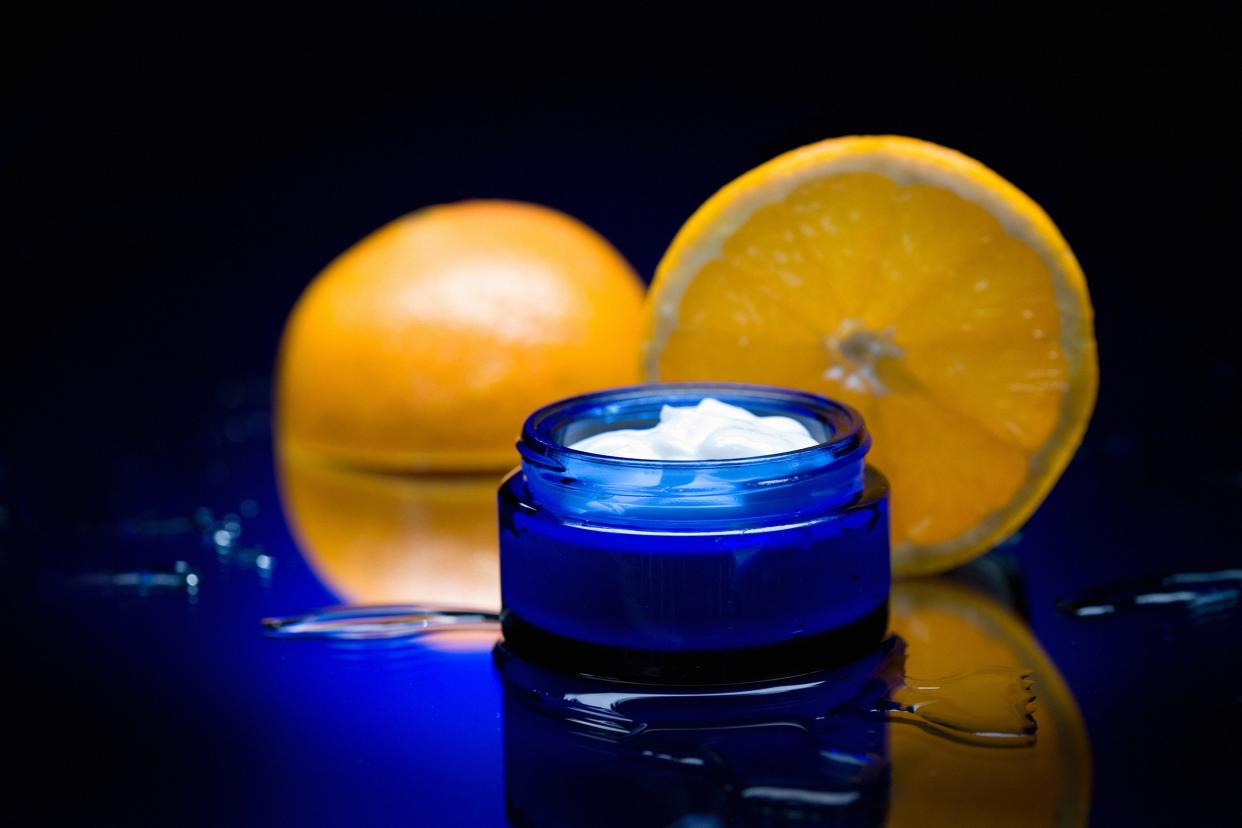
The jury is out on this one, to some degree. Vitamin C is an antioxidant said to be key to repairing free radicals, blocking them from speeding up aging. But some dermatologists believe there has yet to be a vitamin C cream created that's effective enough to make a difference, and making one is incredibly difficult. As recently as 2017, a study in the journal Nutrients called demonstrations of Vitamin C working on wrinkles "less than convincing."
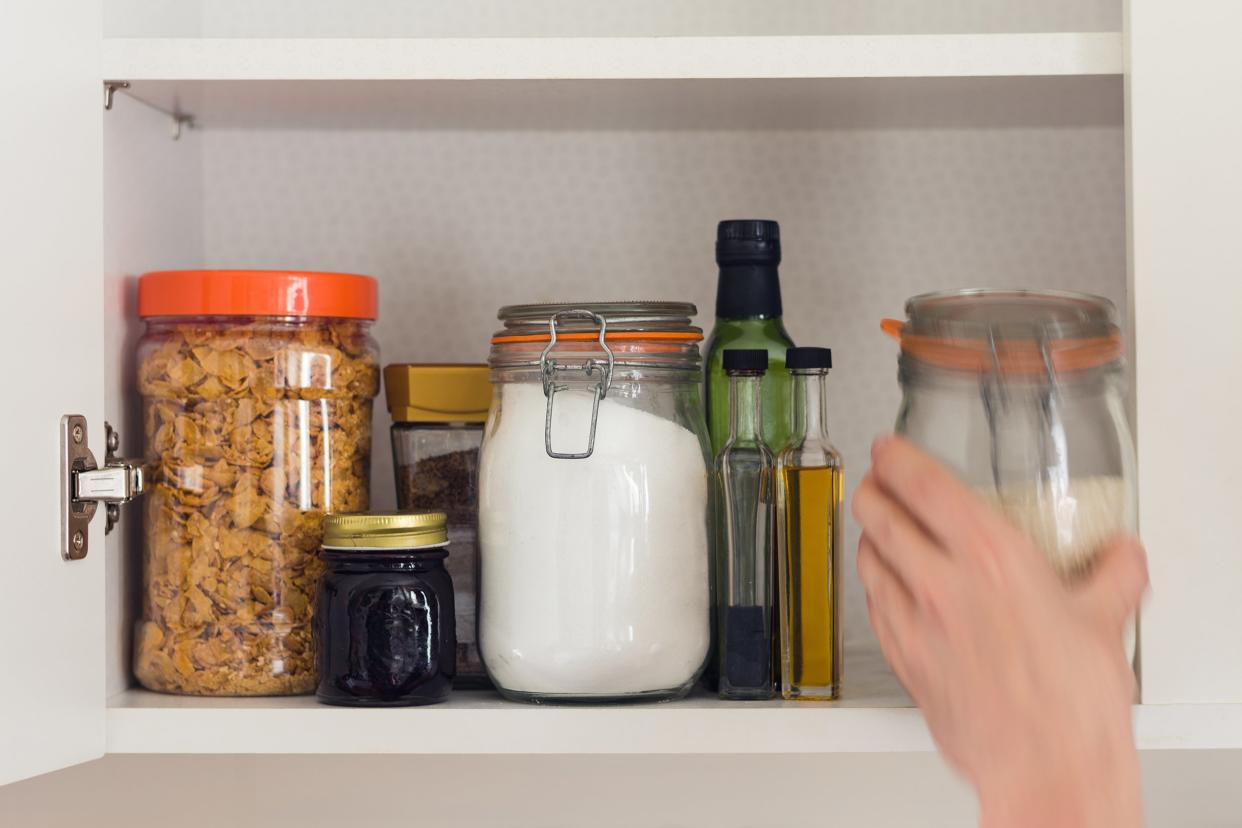
Using olive oil on skin may be a family tradition but that doesn't make it wise. Ingredients found in the kitchen are often touted as back-to-basics ways to address aging, but, well, take it with a grain of salt. You can dabble in some homemade luxuries, but proceed with care, as it's impossible to know what allergens or other organisms may have infiltrated old foods. And for the most reliable treatment based on specific natural ingredients, try searching for an existing product that contains them.
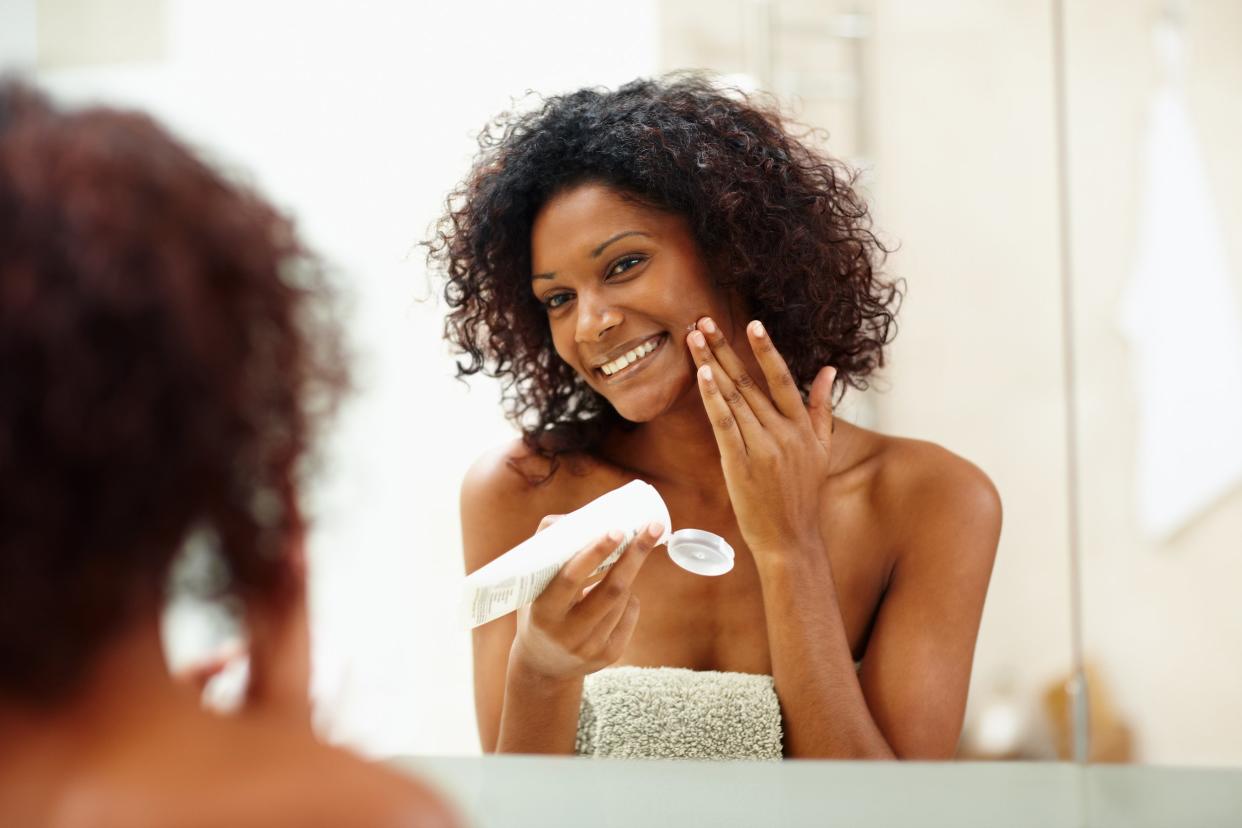
Women of a certain age love retinol. It does a great job of helping skin shed its dull top layer to reveal a smoother, more glowing zone below. That doesn't mean if a little retinol is good, a lot is better. In fact, it should probably not be used every day. Doing so almost always irritates the skin, dermatologists say, leaving it looking rather raw instead of glowing. Over the long term it can damage the skin and make it more prone to sun damage.
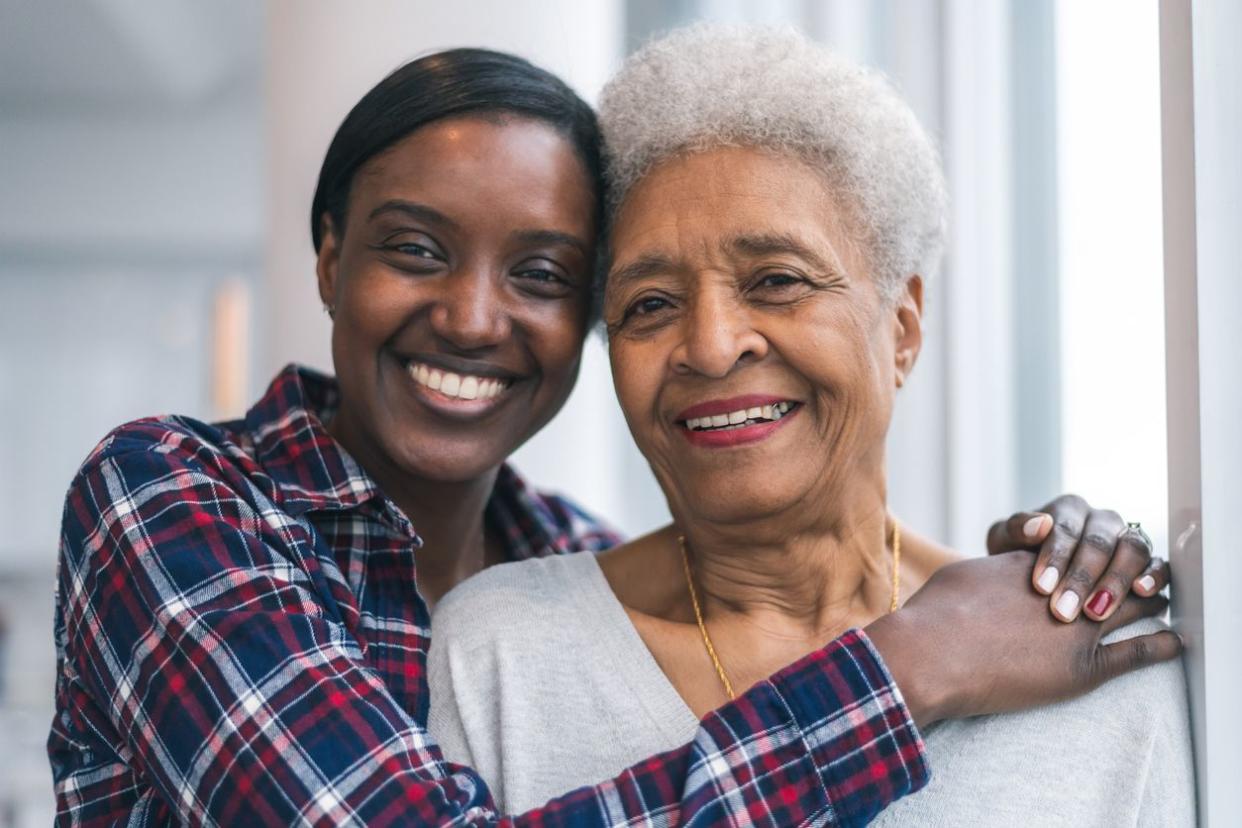
Yes, DNA plays a role in appearance. But exposure to sun, the amount of stress experienced day to day and how well you take care of yourself all play roles as well, dermatologists say. Stress, for instance, leads to elevated levels of cortisol, which in turn can trigger loss of collagen and elastin. In other words, DNA is not (necessarily) destiny. Stress-relieving activities such as yoga can help you age more gracefully, not to mention keep you limber.
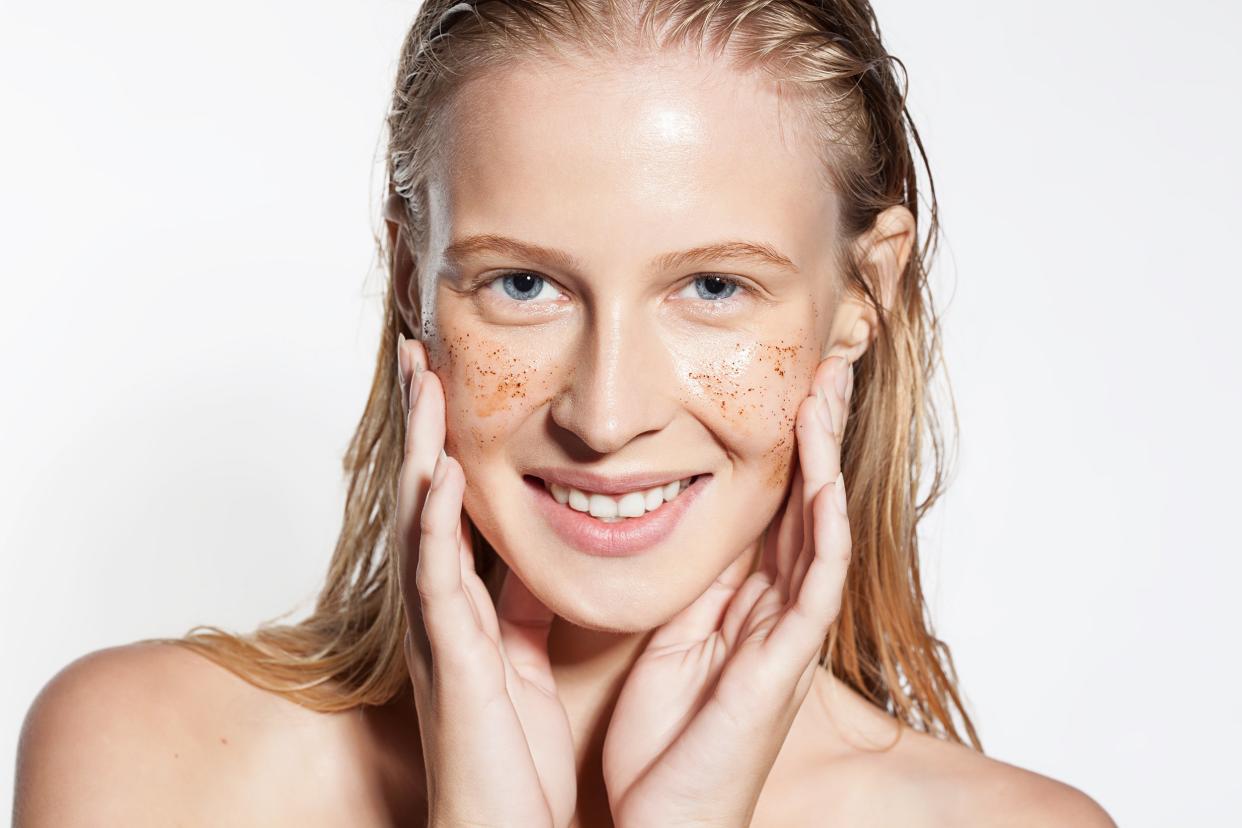
Of course cleansing the skin is important. But so too is choosing the right product for a skin type. Some soaps can be overly drying, eliminating natural oils, which in turn highlights fine lines and wrinkles. The best bet is to find a gentle cleanser, and don't go crazy scrubbing. Or use a simple water rinse in the morning — warm water in particular will do away with oils and eliminate some dead skin cells — since it won't dry skin and can help reduce the appearance of lines and wrinkles.
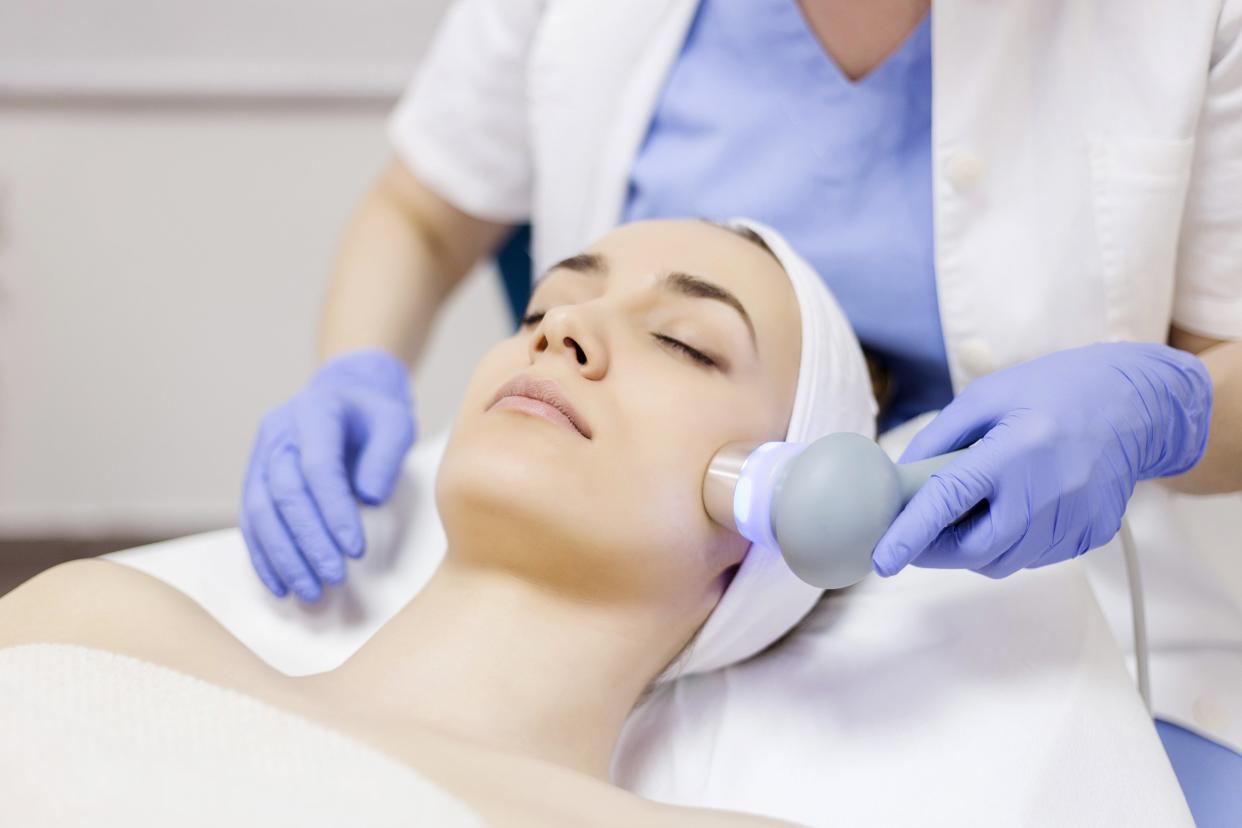
Lasers are great for reducing redness, brown spots, and some wrinkles, but cannot restore collagen or lost volume in the same way an injectable filler product such as Juvederm does, for instance. Again, collagen loss is not something that can be corrected topically.
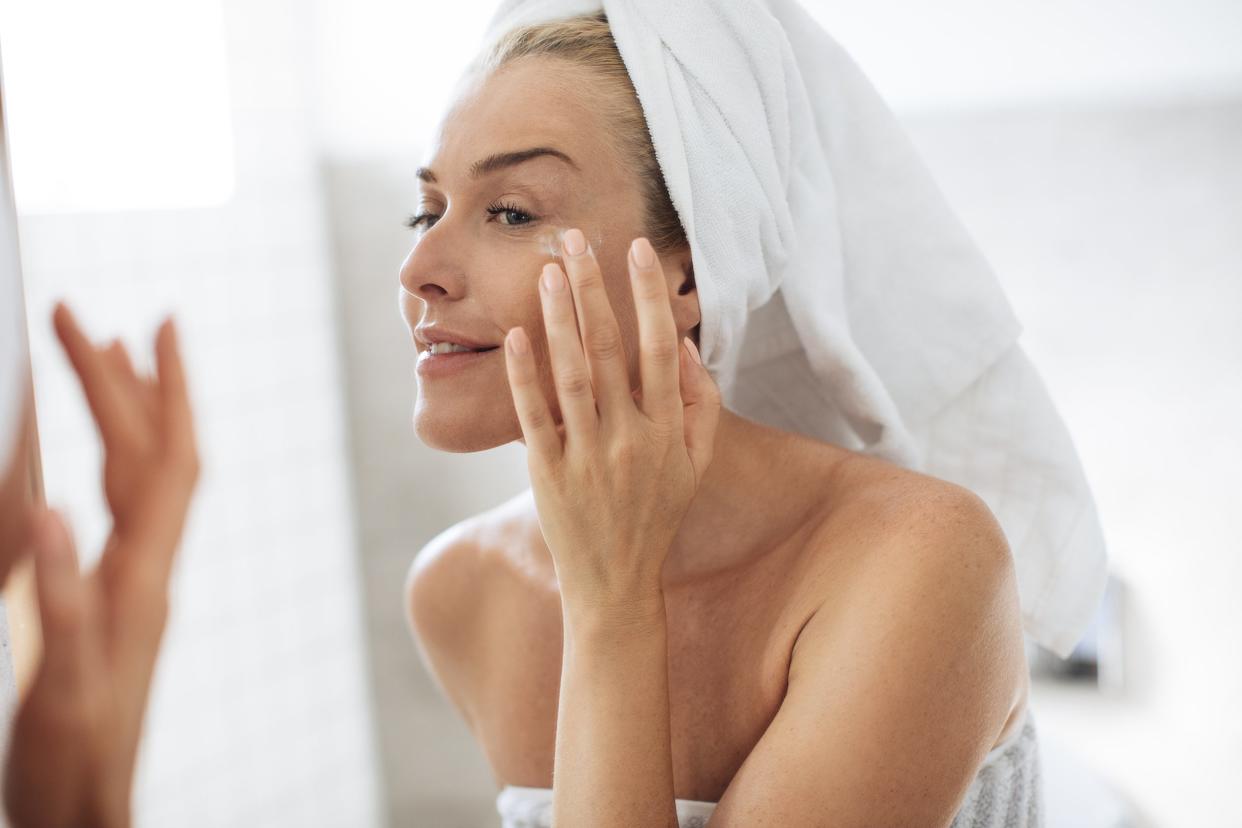
First, let's all say it together: Eww. People have been using Preparation H for years to address dreaded under-eye bags, and with some cause. There was an ingredient in the product that actually helped — the live yeast extract Biodyne. This ingredient, however, was long ago removed from the U.S. formulation of Preparation H and replaced with phenylephrine.
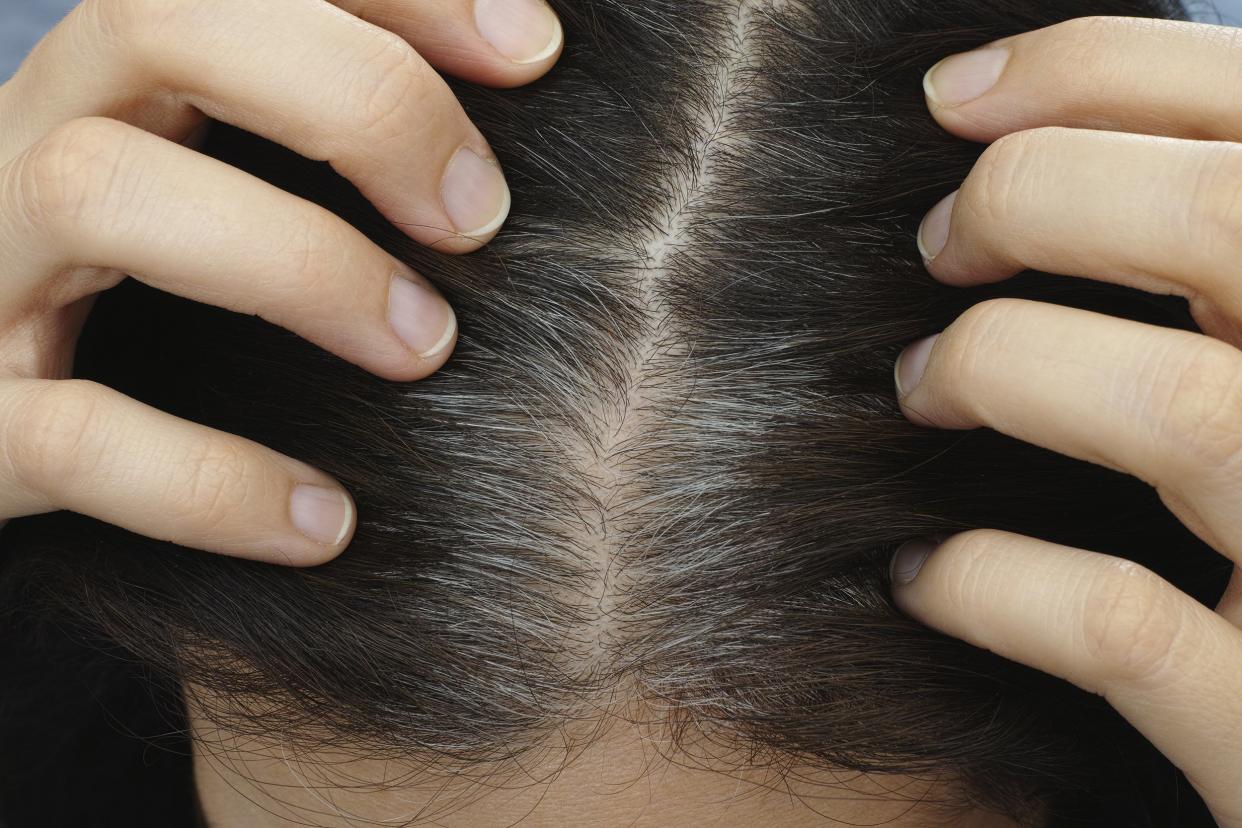
We did say DNA is not necessarily destiny. But it plays a role in gray hair. Medical professionals say that for most people, gray hair is based on uncontrollable genetic factors. Some studies have found a link between stress and gray hair in mice, but there's yet to be conclusive evidence that's true for humans. University of Melbourne professor Rodney Sinclair says there's no evidence to link the onset of graying to stress, diet, or lifestyle.
Related: These Are the Biggest Hair Myths to Get Our of Your Head

While we'd all like to believe diet has no impact on how we age, our choice of food does play a role. Sugar and foods that are known to be inflammatory (such as refined carbohydrates, alcohol, and saturated fats) affect internal organs, which affect aging. Want to truly help slow aging? Switch to a diet of anti-inflammatory food choices — you know, those dreaded vegetables mom always said to eat. Other good choices include almonds and fish.
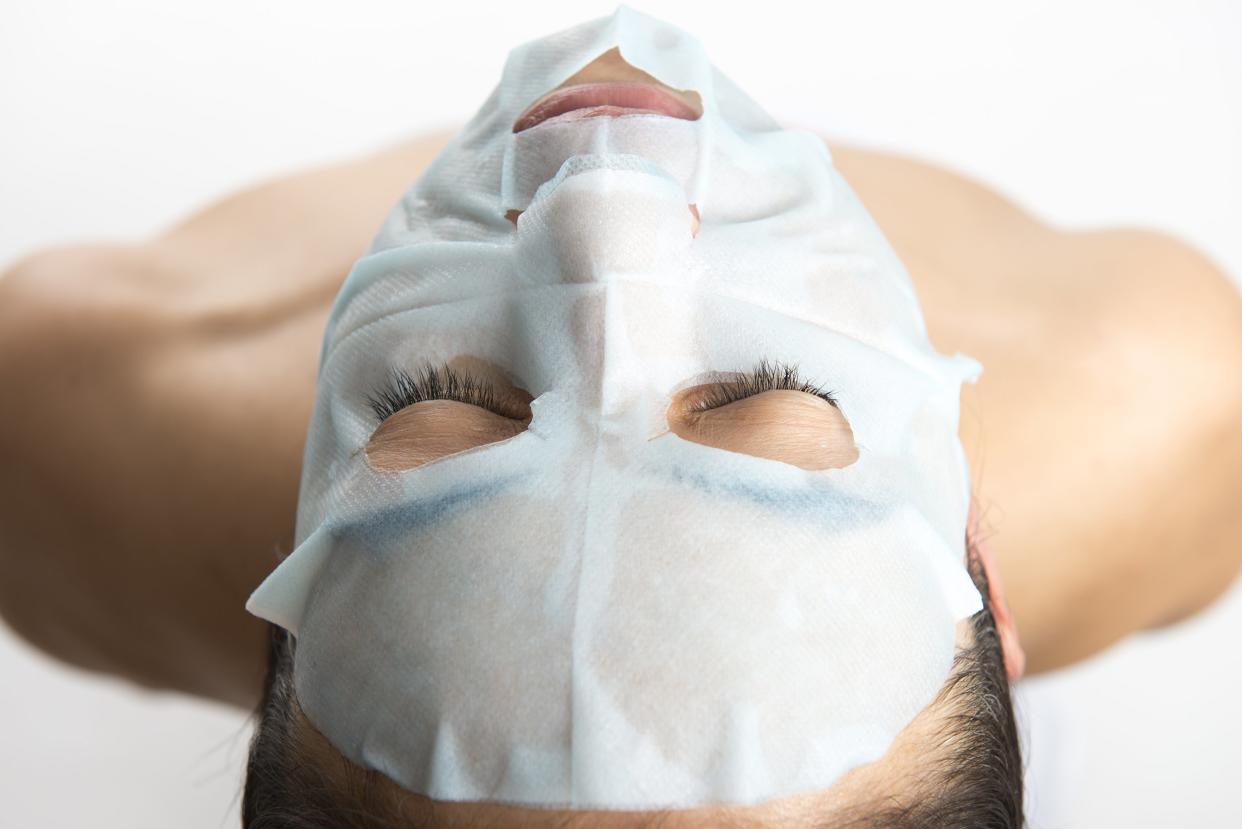
The idea that placenta (from humans or sheep) has nutritional benefits is nothing new, if somewhat cringeworthy. More recently, potential uses have grown to include skin-firming and lifting, not to mention hydrating. As usual, there are detractors — and they're right: There is little evidence placenta creams provide anti-aging benefits.
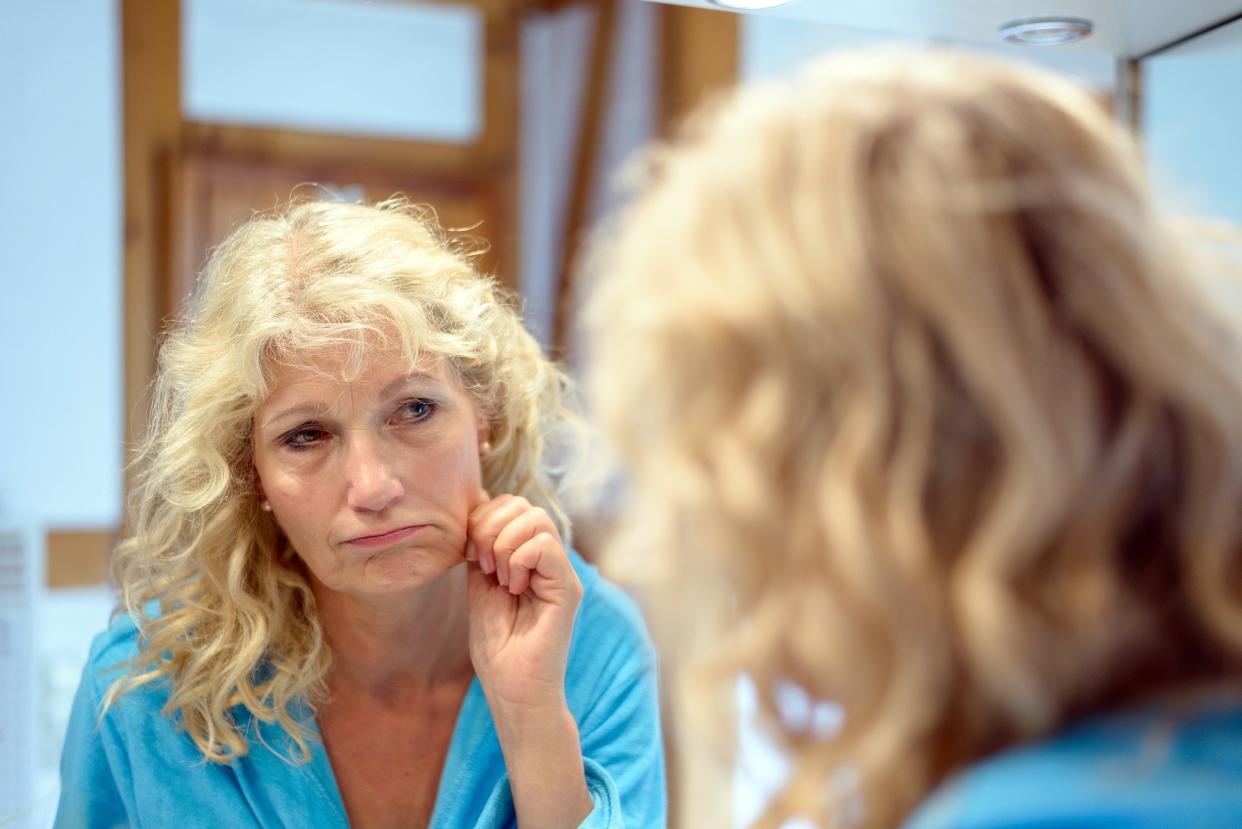
Who wants to live without smiling? Just because Kim Kardashian or Victoria Beckham do something — refraining regularly from smiling when photographed — doesn't mean it makes sense or is effective. Yes, lines are formed over years and years of smiling, but by many accounts, happiness is the best anti-aging medicine of all. So go ahead and smile.
Find more smart health and wellness tips right here.
